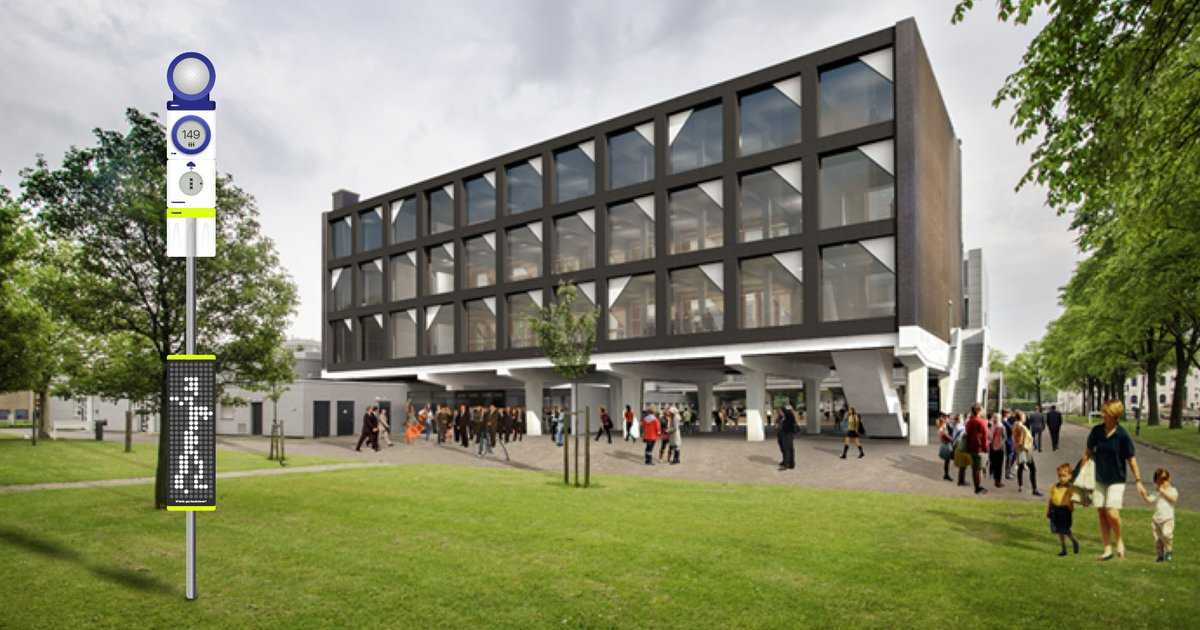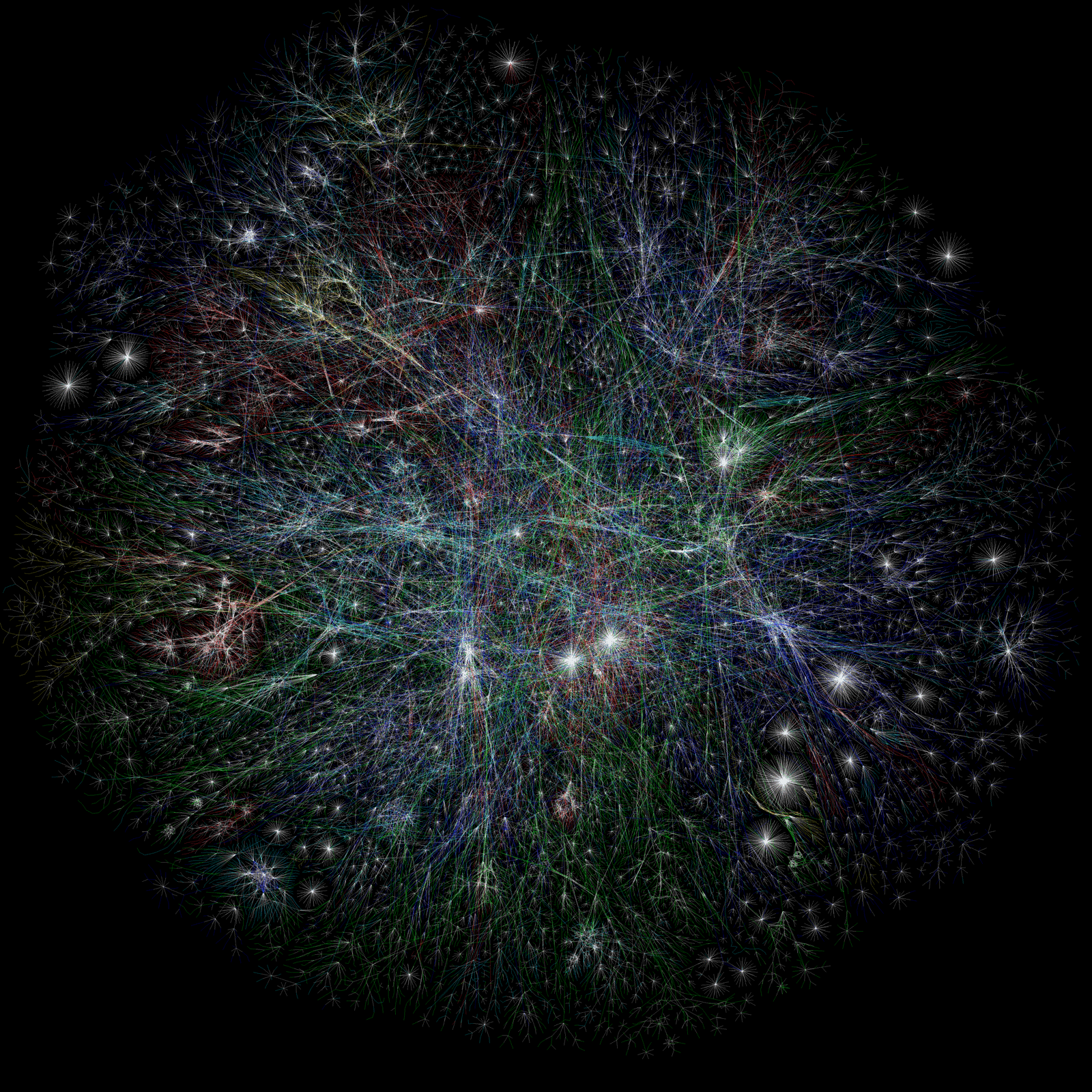
Responsible Sensing
Throughout the city of Amsterdam tens of thousands of sensors monitor activity in public spaces, but few are under public control. These include traffic cameras, security cameras, air quality sensors, and beacons that track mobile phones. While the data collected by these devices can inform actions that improve quality of life, enhance safety, and achieve sustainability—they can also invade individual privacy, increase exclusion, and disempower groups. "Responsible" sensing, as practiced at the AMS Institute's Responsible Sensing Lab, builds on the six principles of Amsterdam's Digital City Agenda—inclusive, control, tailored to the people, legitimate and monitored, open and transparent, from everyone—for everyone. Sensitive to these values, responsible sensing pays close attention to "design choices inherent in the type of sensing hardware, the distribution of intelligence between cloud and back-end, the physical design and placement of sensors in public space, and interaction possibilities for citizens."
This points towards a future where urban sensing, particularly when municipal governments are involved, invokes strong ethical frameworks that lead to radically different design choices and a very different technology stack than the siloed cloud IoT that dominates today.




..png)
